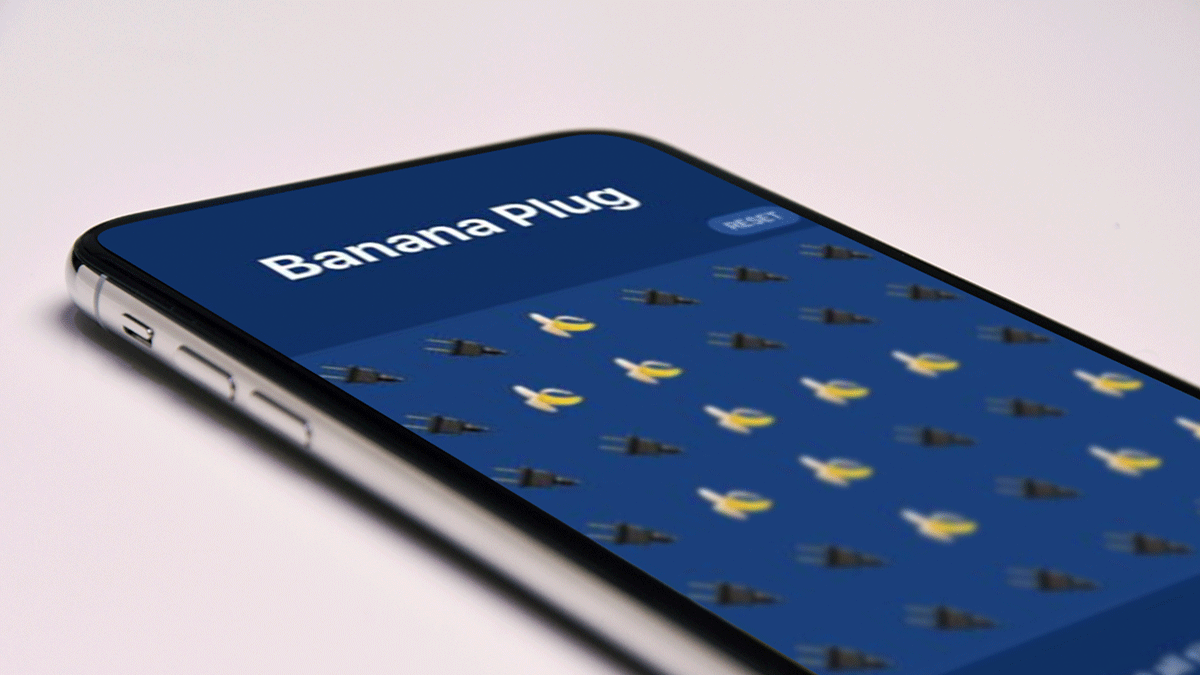Last fall, UCSC police got a tip about a mobile app offering students easy access to a laundry list of illegal drugs: cocaine, meth, shrooms, MDMA, and “special requests.” It didn’t take long to find the source. Old-fashioned fliers had started popping up around campus to promote the “Banana Plug” app, a play on the university’s famous yellow banana slug mascot, plus the currently favored slang term for a dealer, or “plug.”
The name of a freshman from Sunnyvale, Collin Howard, was reportedly listed right there in the Apple app store, next to the rudimentary banana slug drawing in the logo and the slogan “We Have What You Want.” Though the 18-year-old’s public Facebook page consists mostly of photos of gadgets and robotics equipment from high school, UCSC Campus Police Chief Nader Oweis says he called in federal reinforcements not knowing if the app might be part of a bigger operation.
“When somebody’s here for only three weeks, you don’t know what you’re dealing with,” Oweis told GT. “You don’t want to get caught off guard.”
It was Howard who was caught off guard when he was arrested on Nov. 28, after UCSC police officers, with the backing of Homeland Security investigators, arranged four meetings through the app and the social media platform Snapchat to buy marijuana, cocaine and more than 5 grams of methamphetamine. The arrest and Santa Cruz County hearings in recent months received little attention off campus—that is until last week, when the U.S. Attorney’s office in San Jose announced that Howard had been indicted by a grand jury for drug distribution and possession. He now faces decades in prison and millions in fines.
Howard pleaded not guilty to multiple felonies in an initial arraignment and is out of jail on a $50,000 bond, on the condition that he enrolls in drug, alcohol and mental health counseling. Howard’s former Santa Cruz County public defender told GT that his case has been referred to the federal public defender’s office, which did not respond to requests for comment. The next court date in the case is set for April.
The Banana Plug case is the most recent local example of how law enforcement agencies across the country are struggling with rapidly evolving online channels for sales of not only drugs, but also guns and other contraband. In addition to the Wild West of encrypted “dark web” sites, mainstream social media companies like Snapchat, Facebook and Instagram have faced criticism for being too permissive with users buying and selling illegal products on their platforms.
“These days, if a smartphone app is social and location-based, you can guarantee there’s a dealer near you,” Complex magazine reported in a feature on the digital black market for drugs, which also encompasses smaller messaging apps like Whisper and dating apps such as Grindr and Tinder.
A spokesman for the U.S. Attorney’s Office for Northern California declined to detail whether the agency has prosecuted similar cases related to online drug sales in the area. At UCSC, Oweis says campus police have monitored other cases, like the 2013 arrest of the 29-year-old behind dark web drug emporium the Silk Road.
“We’ve heard of people using apps in the past,” Oweis says. Since the Banana Plug case did not require sophisticated cyber-sleuthing to crack, he says it took about four weeks to go from discovering the app to Howard’s arrest. In the months since the November arrest, as federal prosecutors weighed whether to take the Banana Plug case, Oweis says campus police cooperated with investigators “to the full extent we can.”
The university is no stranger to major drug busts. The last high-profile case involving federal law enforcement was the 2016 arrest of six UCSC students accused of stockpiling around 5,000 ecstacy pills worth $100,000 at three homes in Santa Cruz.
In a written statement, UCSC spokesman Scott Hernandez-Jason says the university was “deeply troubled” to learn of the new Banana Plug indictment, adding that, “We take seriously the safety of our campus community, and work hard to protect our students.”
Hernandez-Jason also emphasizes a Student Health Outreach and Promotion (SHOP) program for students struggling with substance abuse, as well as an Employee Assistance Program for faculty and staff.














